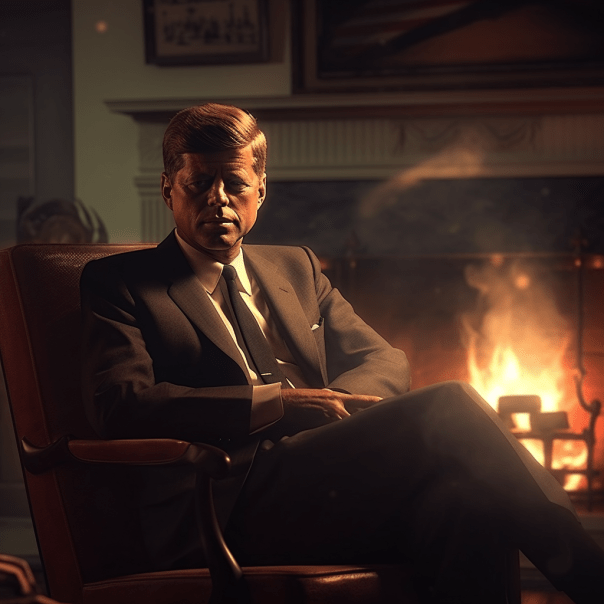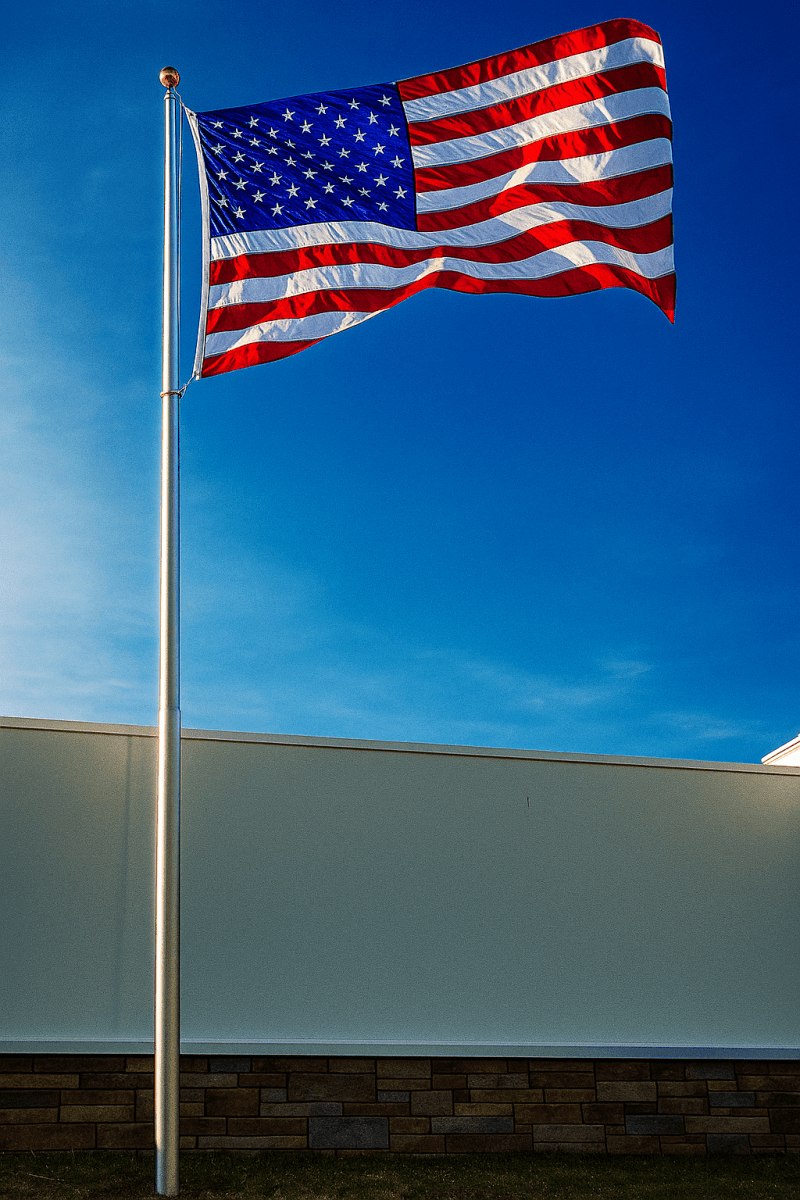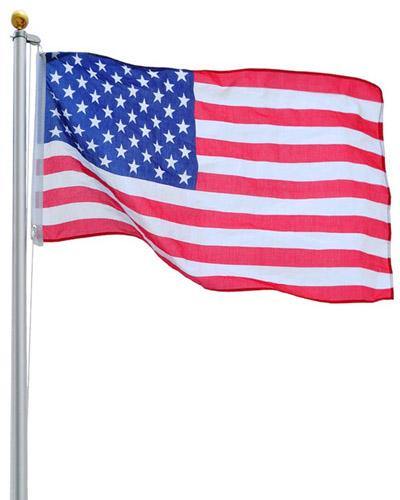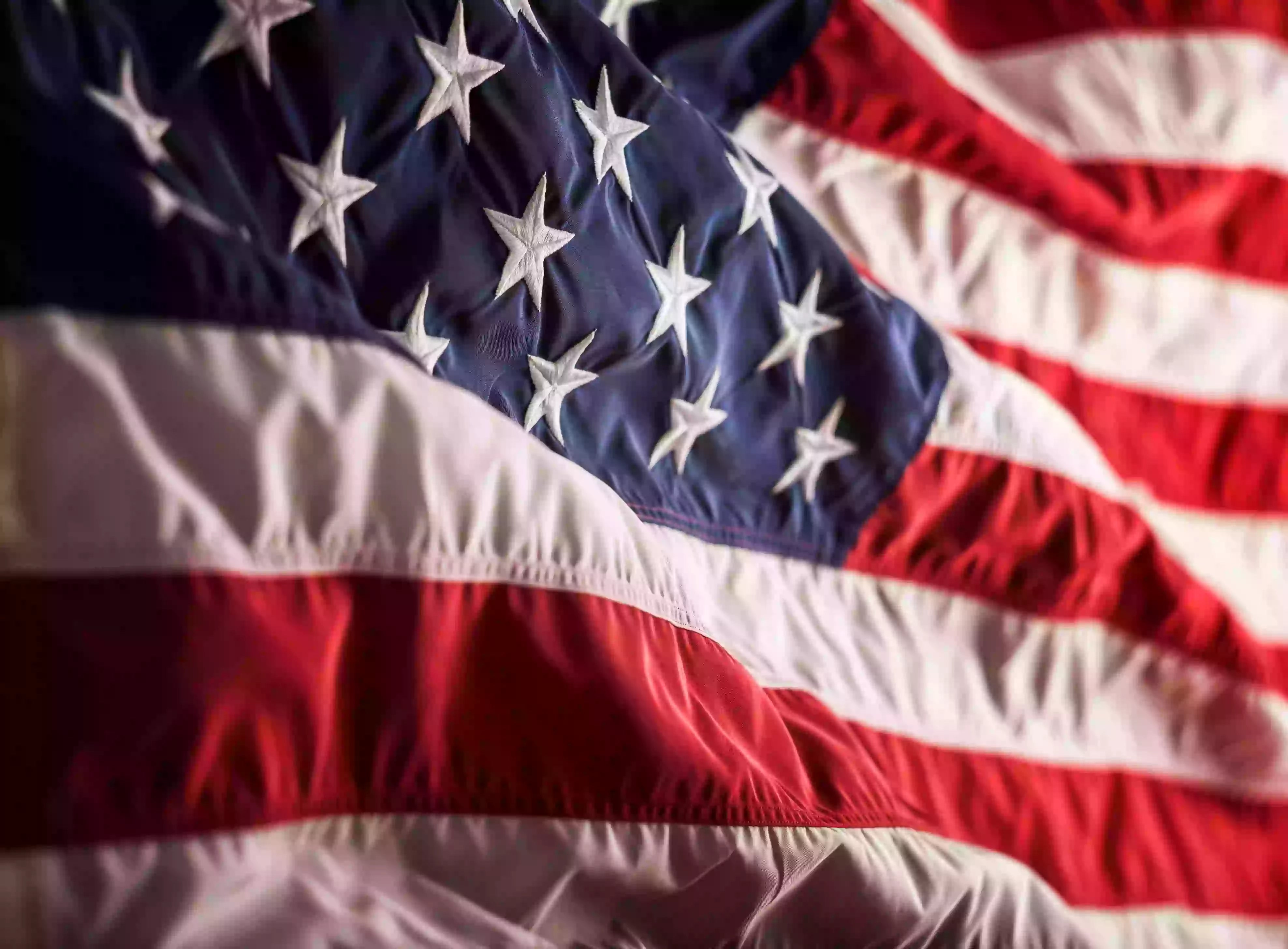I first came across the Kennedy legacy not in a school textbook or a history lecture, but from the clandestine whispers in dimly lit bars and over cluttered dinner tables where the Kennedy name echoed like an old-timey legend. Unfolding before me was a family drama that spanned generations, teeming with powerful characters, improbable victories, shocking scandals, and horrifying tragedies. All of them bound together by the shared family name – Kennedy.
Kennedy - the All American Dynasty

The Kennedy family is an all-American dynasty, steeped in power, charisma, and unshakeable ambition. Originating from Joseph P. Kennedy Sr., the patriarch who was no stranger to political power, down to the latest Kennedy poised to seize the reins of the presidency, Robert F. Kennedy Jr. Yet, this is a family seemingly cursed, a lineage bloodied by violent assassinations that shattered the country's collective psyche.
John F. Kennedy, the charming, youthful president who wooed a nation with his charisma and promise of a "New Frontier," was the first to fall. His murder in Dallas on November 22, 1963, was a brutal sucker punch to the nation's gut, an end to the optimistic era of Camelot. The official line from the Warren Commission pointed to Lee Harvey Oswald, a disillusioned loner with Marxist leanings, as the lone gunman. But is that the entire story?
Enter the conspiracies, the whispered rumors that shroud the Kennedy name. The CIA, America's shadowy organization with a reputation for toppling regimes worldwide, found itself at the heart of these conspiracy theories. As is the case with any unsolved puzzle, the question "cui bono" – who benefits – floated ominously in the air.

Critics argue JFK had made a slew of powerful enemies during his presidency. The botched Bay of Pigs invasion of Cuba in 1961 saw JFK refusing to unleash American air support, leading to a humiliating defeat for the CIA. This public debacle supposedly led to a chilling fallout between JFK and the intelligence agency, with JFK purportedly vowing to "splinter the CIA into a thousand pieces and scatter it into the winds."
Fast-forward five years to 1968. Robert F. Kennedy, the stalwart senator with a fierce dedication to civil rights, also found his life cut cruelly short by an assassin's bullet. This time the assassin was Sirhan Sirhan, a Palestinian upset with RFK's pro-Israel stance. Yet again, questions arose – was it really the work of a single disillusioned individual or was there more to the story?
The death of Robert F. Kennedy, often called the "last good knight," brought back the haunting specter of JFK's assassination. It felt too similar, too eerily echoing of JFK's end. The family that had been America's symbol of hope and ambition had been targeted once again. Critics started whispering about the CIA's involvement in RFK's assassination too, giving birth to a new swirl of conspiracy theories.
Now, in a twist of fate, RFK Jr. has chosen to step onto the political battlefield. His run for presidency has ignited the old flame of hope and ambition associated with the Kennedy name. But it also brings back the haunting memories of the past, the shadowy connections, and conspiracy theories.

Unraveling the mystery of the Kennedy assassinations, like peeling an onion, reveals layers of complexity and ambiguity. It forces us to grapple with the harsh realities of political power and the dangerous forces it can unleash. It also pushes us to question – why the Kennedys? Is it the result of their profound impact on American society, their unyielding push for change that threatened the status quo?
Perhaps. The Kennedys, with their charisma and ambition, were disruptors in the political sphere. JFK's efforts to limit the powers of big steel companies, his bold overtures to end the Cold War, and RFK's fiery crusade for civil rights and against organized crime, posed significant threats to powerful entities.
The Kennedy assassinations continue to haunt us because they remain as enduring symbols of American tragedy, stark reminders of the darker underbelly of politics and power. They force us to look beyond the glamorous veneer of the Kennedys' Camelot and into the more uncomfortable realities of American society.
Yet, amidst the darkness, the Kennedy name continues to shine. RFK Jr.'s presidential run is a testament to the family's enduring resilience, a beacon of hope signaling the possibility of a new, brighter chapter in the Kennedy legacy.
Only time will tell. For now, we watch, we wait, and we hope for a future where the Kennedy legacy can finally be a tale of triumph, rather than one of tragedy. As JFK himself once said, "Change is the law of life. And those who look only to the past or present are certain to miss the future." May that future be one of promise and progress.
If you enjoy these historical articles and want to share your passion for country, please be sure to check out our American made flags and flagpoles too! Liberty Flagpoles is a veteran owned small business focusing on sourcing from the American supply chain and providing superior quality at cheaper prices than the competition.
Sources: The Assassinations: Probe Magazine on JFK, MLK, RFK, and Malcolm X; Brothers: The Hidden History of the Kennedy Years.
[Note: This article used historical context, dramatized interpretation, and some fictionalization for engaging narrative. The links between CIA and JFK assassination are part of popular conspiracy theories and not confirmed by official reports.]







